 Suno
Suno How’s Suno’s Extend feature?
If you extend the song from the beginning, it often develops into a rather melodic progression. On the other hand, if yo...
 Suno
Suno 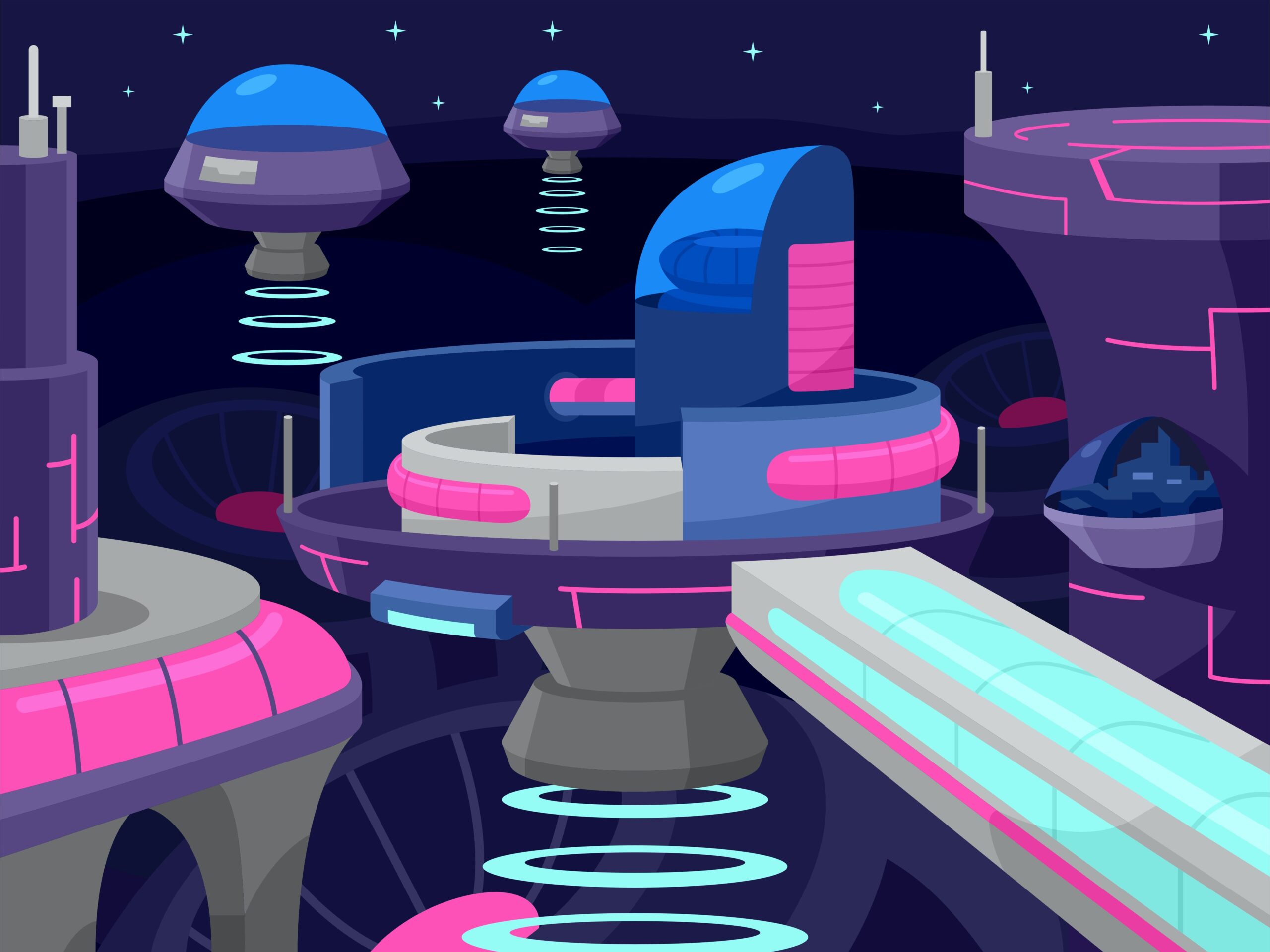 AI Music
AI Music  Beatmaker Mindset
Beatmaker Mindset 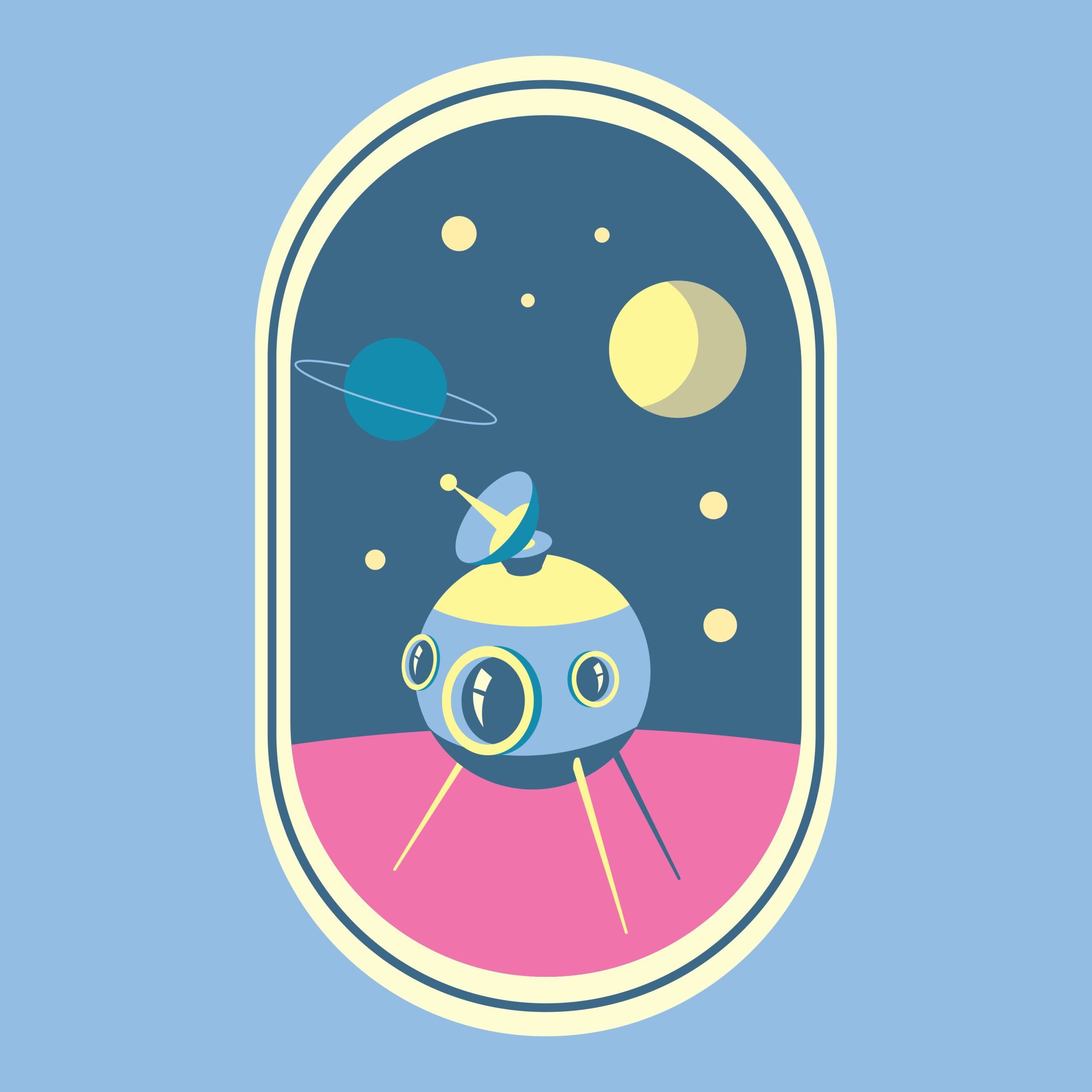 Beat Selling Site
Beat Selling Site 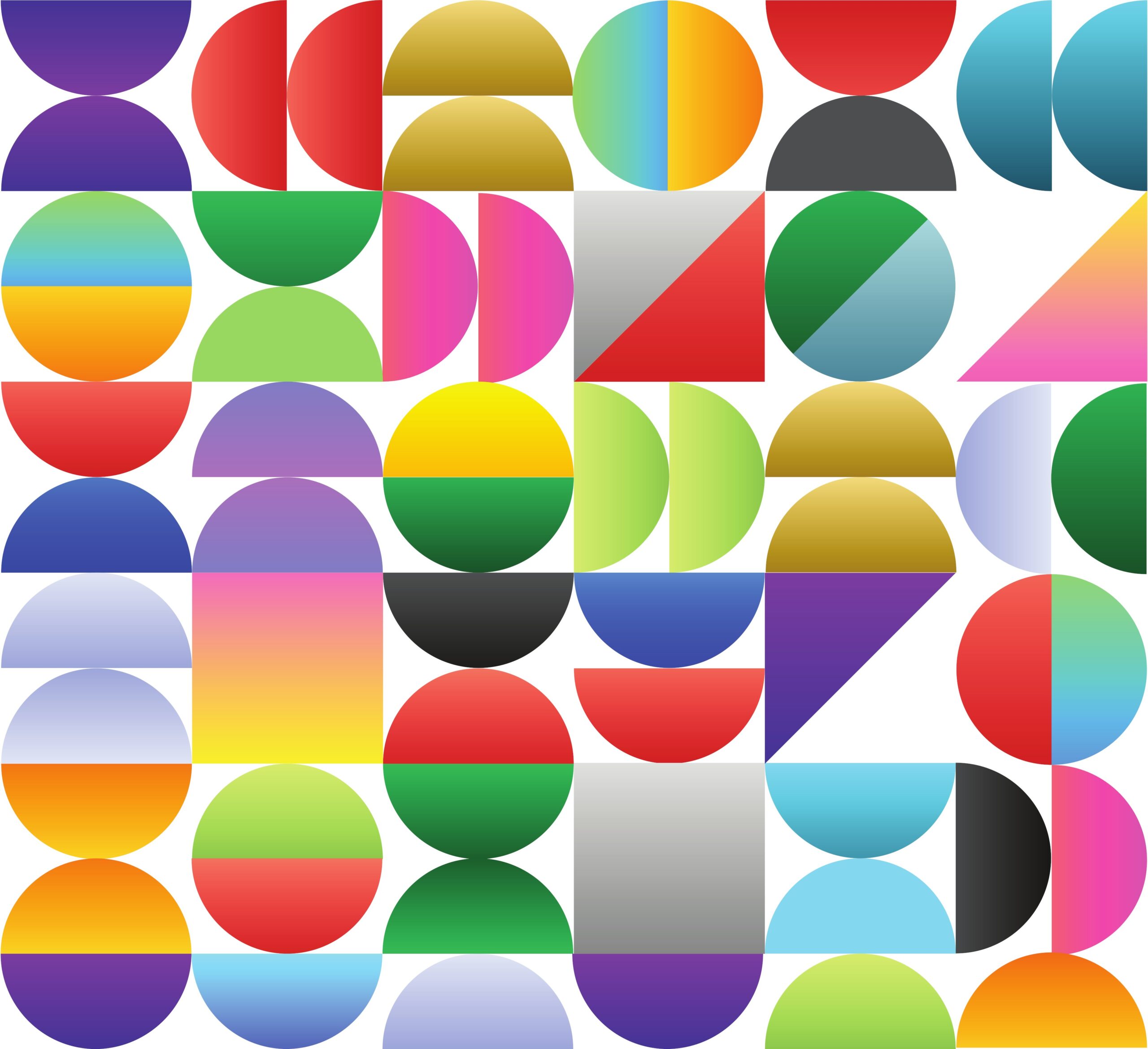 Beatmaking
Beatmaking 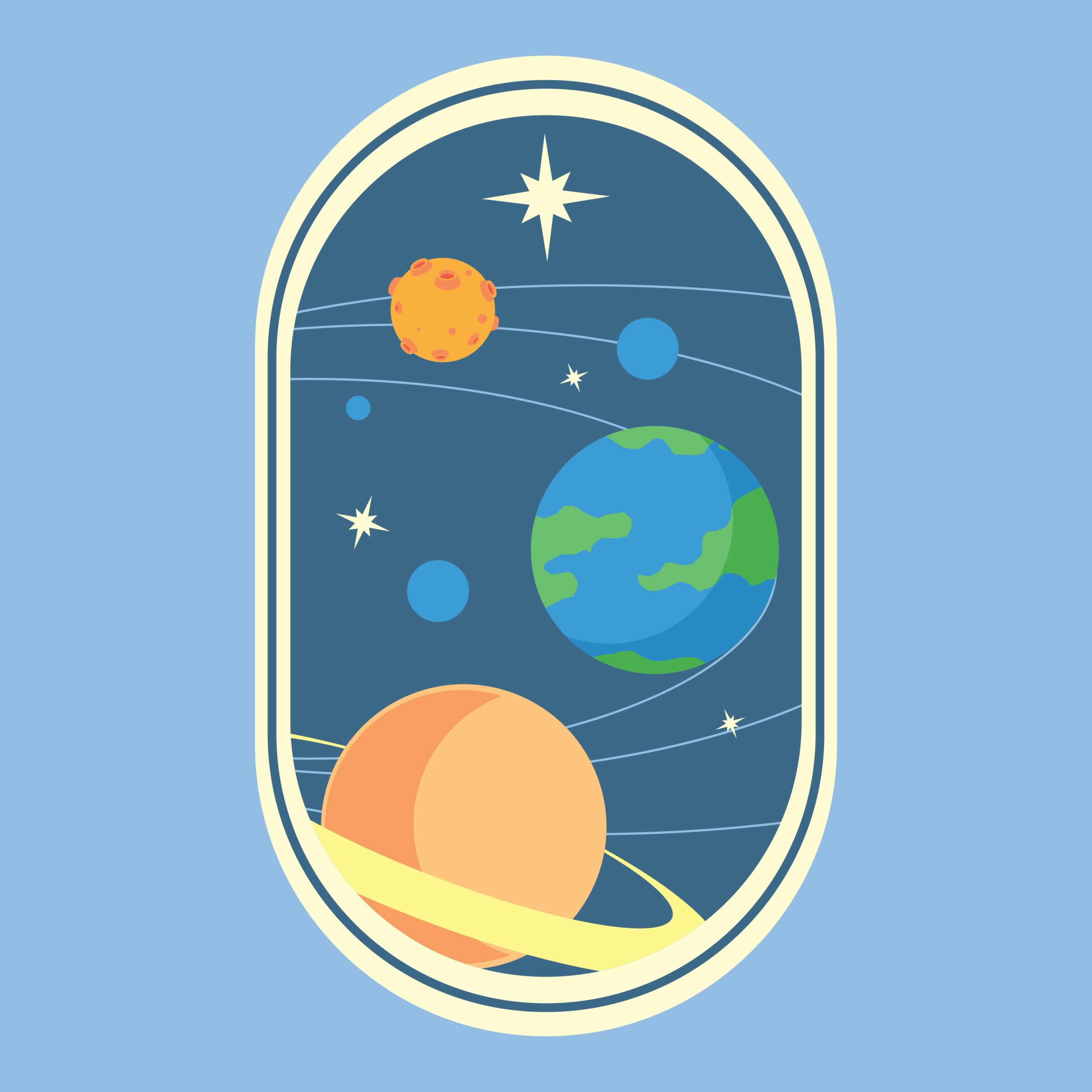 Beat Selling Site
Beat Selling Site 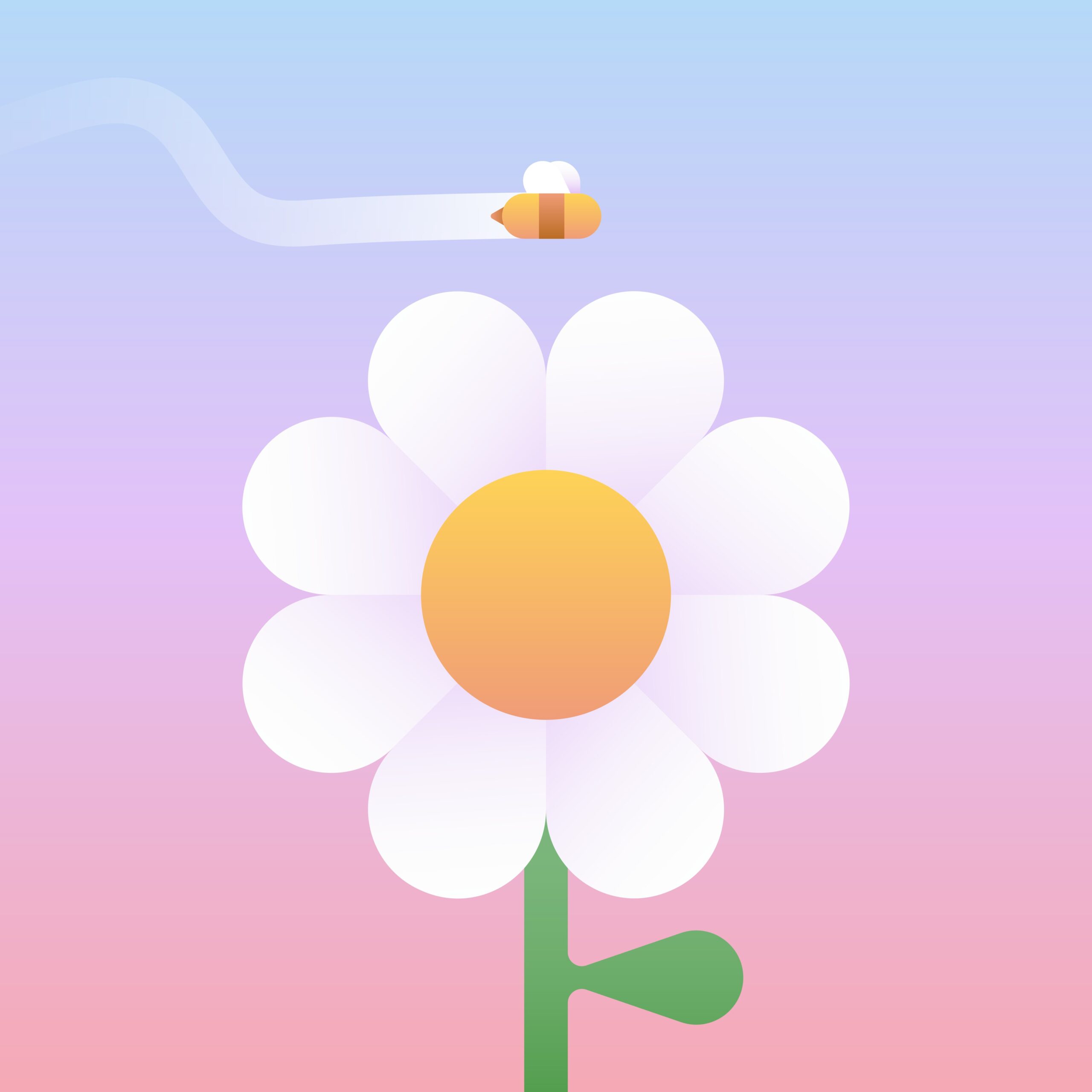 Beat Marketing
Beat Marketing 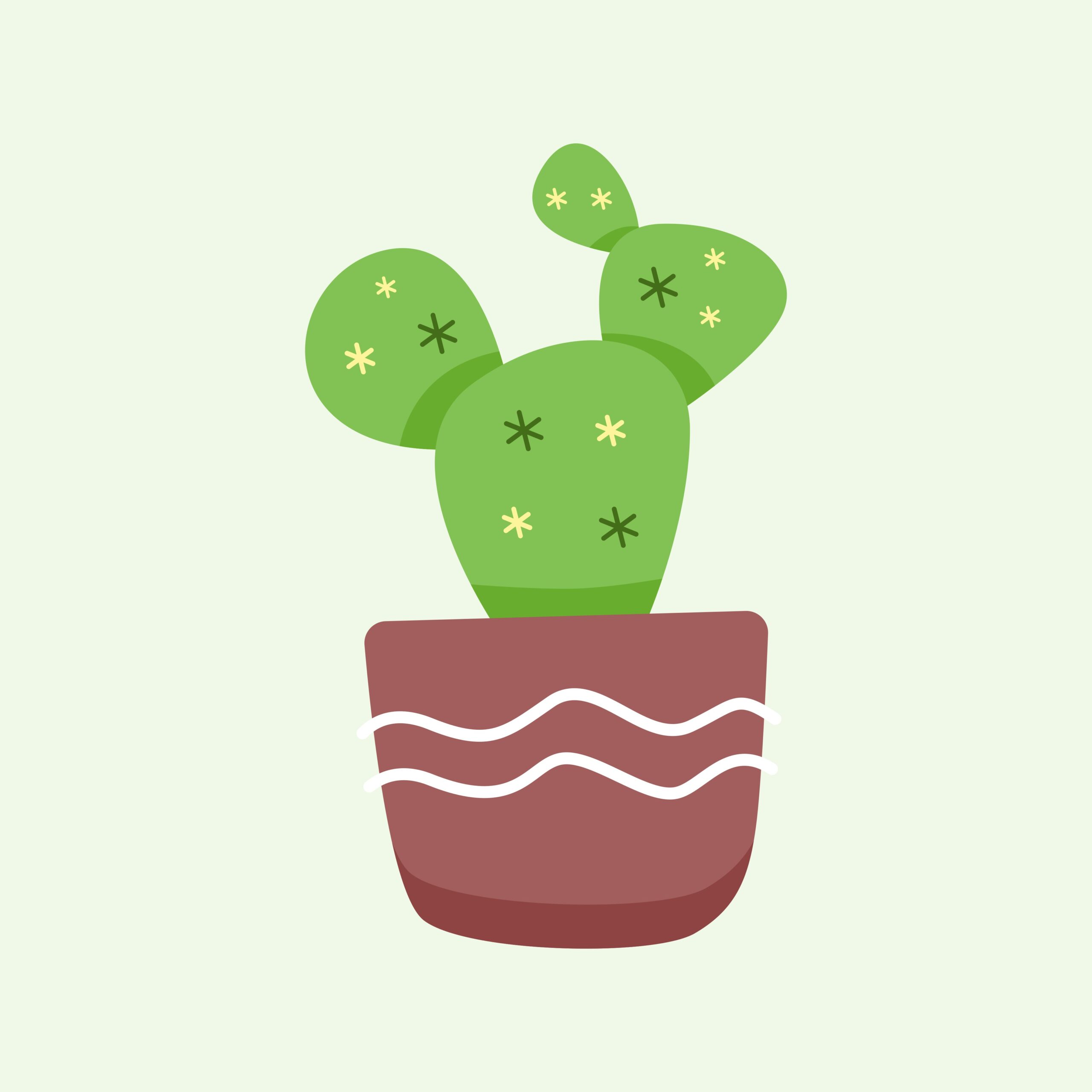 Beat Marketing
Beat Marketing 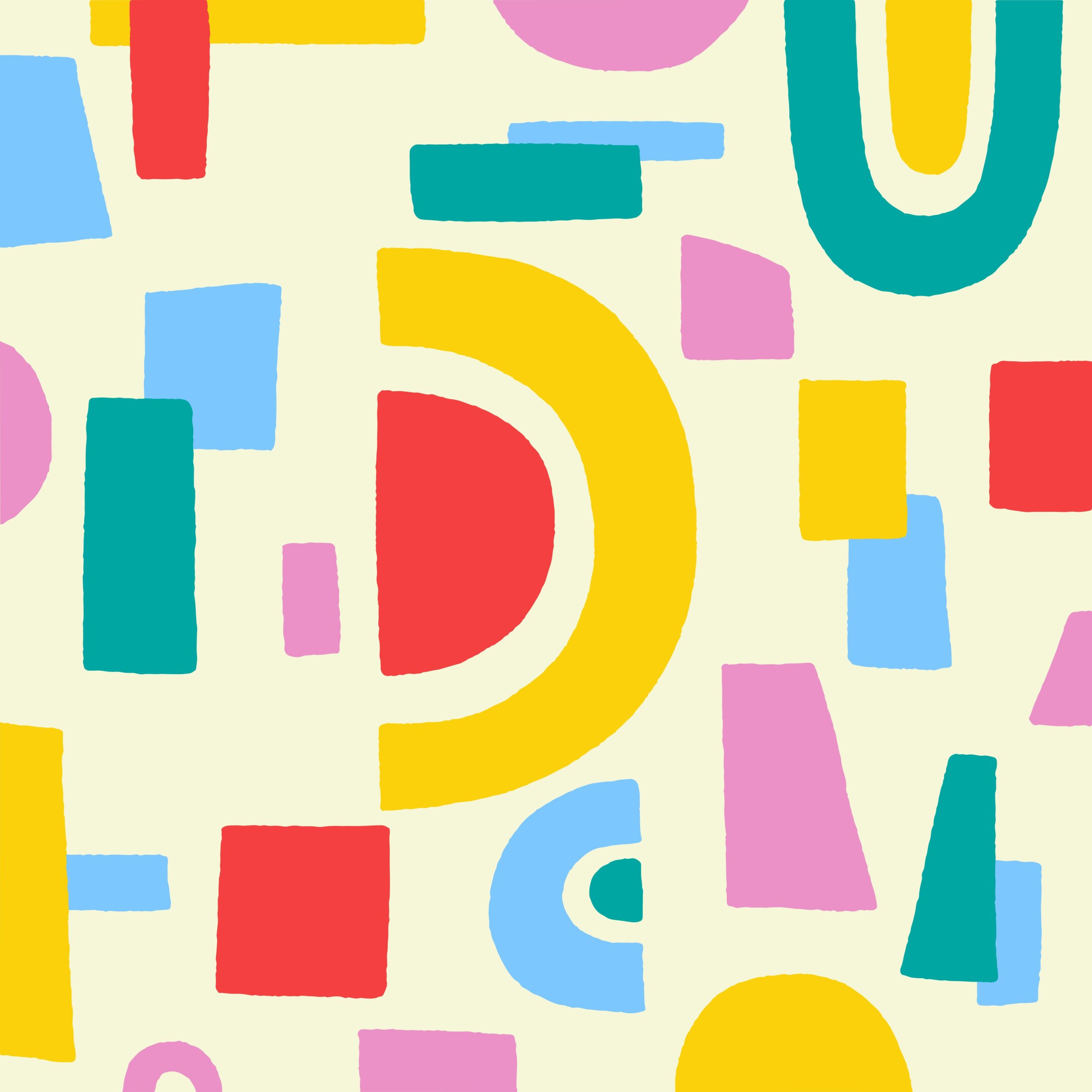 Beatmaking
Beatmaking  Beatmaking
Beatmaking